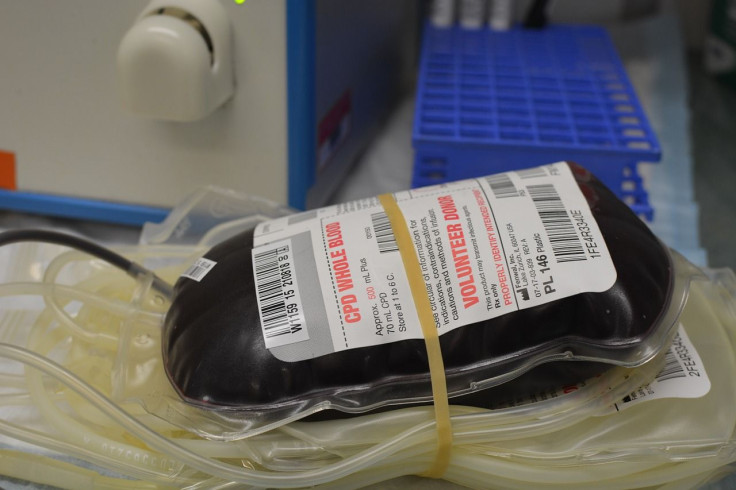Blood Donation: Argentina Lifts Ban On Gay Men, Could Impact Other Countries With Restrictive Laws

The lesbian, gay, bisexual, and transgender (LGBT) community has seen some major moves toward equality lately, starting with the Supreme Court ruling that lifted bans against same-sex marriage. Now, Argentina has become a frontrunner in LGBT health care, lifting a 15-year-old ban that prevents gay and bisexual men from donating blood.
Time reported that this lift could have a great impact on countries like the U.S., who still restrict donations from men in same-sex relationships. At a signing ceremony, Argentina's health minister Daniel Gollán said that the change “is scientifically and technically accurate,” as well as based on a medical approach that overtakes an old concept of “risk groups.” He added that under this new policy, Argentina will be moving towards a national blood system that is both safe and inclusive.
Argentina joins a minority of countries, including Spain and Italy, that considers each blood donor on an individual basis, rather than on the basis of their sexual orientation. Bans on gay and bisexual men donating blood are still commonplace in any countries, however, including the U.S.
In 1983, the Food and Drug Administration (FDA) issued a lifelong ban on men donating blood and tissue if they had had sex with another man. The ban was inspired by the AIDS epidemic, and it was to be upheld even if the potential donor didn't test positive for HIV. Some countries are taking steps to address this issue. In 2013, 86 members of congress wrote to the U.S. Department of Health and Human Services (HHS) to say that the agency was upholding an outdated policy.
“We have seen vast advances in blood screening technology, blood donation policy changes in other countries allowing MSM to donate, and opposition from our nation’s blood banks who have called the current ban ‘medically and scientifically unwarranted,” they wrote. “Our current policies turn away healthy, willing donors, even when we face serious blood shortages.”
The FDA held a vote in 2014 to alter the ban, rather than totally lift it. The new requirements stated that men who have sex with other men could donate blood, but only if they have been abstinent for at least one year. The FDA is moving forward to implement the new policy.
However, some still criticize the new policy, saying that it doesn’t take into account the improvements in testing and safety in the U.S., and that it is still discriminatory at heart; all donated blood in the U.S. is tested for HIV.
The U.S. has only just implemented its new policy, so it may be a while before we see any changes soon.



























